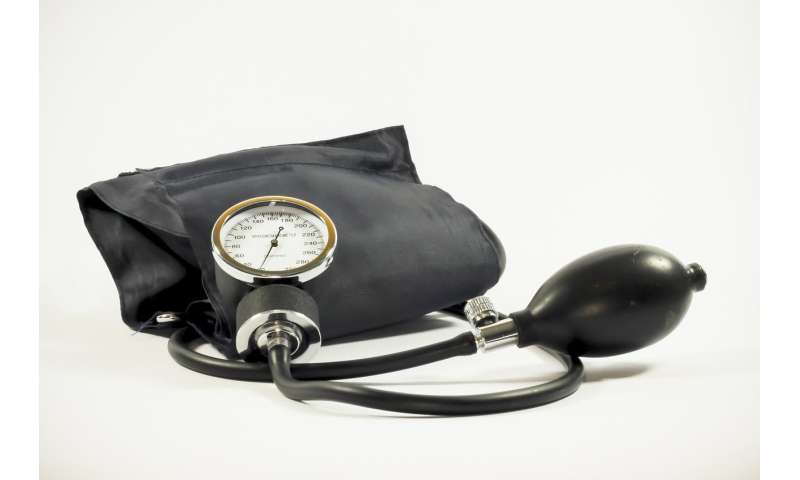More stroke awareness, better eating habits may help reduce stroke risk for young adult African-Americans


Young African American adults are experiencing higher rates of stroke compared to others due to high blood pressure, diabetes and obesity, yet their perception of their stroke risk is low, according to preliminary research to be presented at the Nursing Symposium of the American Stroke Association’s International Stroke Conference 2020—Feb. 18-21 in Los Angeles. The conference is a world premier meeting for researchers and clinicians dedicated to the science of stroke and brain health.
Researchers analyzed the results of a self-completed questionnaire by 116 young African American adults to get a better understanding of their personal stroke risk, ability to live healthy, nutrition/eating patterns and the role of health literacy in decreasing their chances of stroke. They concluded that increased education about healthy lifestyle choices and better eating habits are important in helping reduce stroke risk among this group.
Most young adults in the study had unhealthy eating habits, based on the American Heart Association’s Life’s Simple 7 recommendations for a healthier lifestyle, despite having high levels of health literacy and a perceived ability to live healthy, 53% had an inaccurate perception about their stroke risk.
The research is a secondary data analysis of the Stroke Counseling for Risk Reduction (SCORRE) study, which was published in August 2019.
“Nutrition habits are very important to the health of our society and are difficult to change, regardless of levels of health literacy,” said Stacy Perrin, Ph.D., a student investigator of the SCORRE study, and a nurse with several certifications, including the Certified Stroke Registered Nurse credential, at Grady Health System in Atlanta, Georgia. “This research supports the need to target young adults to increase their awareness of the importance of healthy food choices to lower stroke risk.”
Study participants were mostly female African American college students, age 25 on average. While participants averaged three modifiable stroke risk factors, such as poor nutrition, lack of exercise, being overweight and elevated blood pressure readings, 69% reported their future stroke risk as low or no risk. Perception of health and risk were measured on a scale of 0 to 10. On the Association’s Life’s Simple 7 nutrition recommendations, which include five categories (eating more than 4 cups of fruits and vegetables a day, for example), participants averaged a low score of 1.6 out of the five categories.
Among other results:
- Health literacy levels, with an average 4.4 score out of 6.0, and perceived self-competence to live healthy, with an average 5.9 score out of 7.0, were high.
- There was no association between health literacy and accuracy of perceived stroke risk.
- Higher health literacy did not positively impact the ability to live healthy or eating patterns. However, higher perceived risk of future stroke and lower perceived ability to live healthy were significantly associated with poorer eating patterns.
“If people think they’re not at risk of a stroke, they are less likely to change their behavior to reduce the risk because they don’t believe anything is wrong. This perception is not healthy,” Perrin said.
The National Institute of Nursing Research at the National Institutes of Health funded the SCORRE study and lead investigator, Dawn Aycock, Ph.D., R.N., ANP-BC. Author disclosures are available in the abstract.
Source: Read Full Article